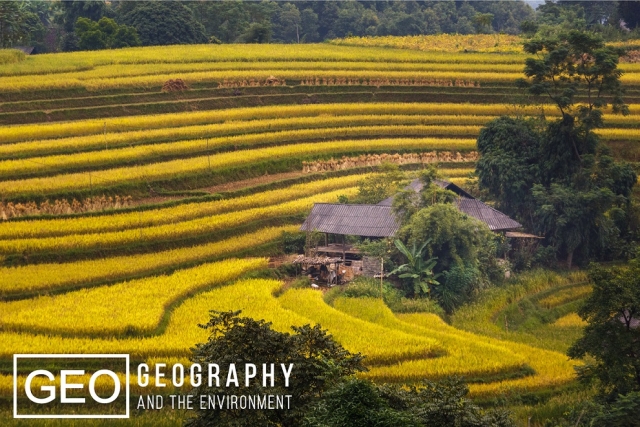Read more about careers in sustainability here.
Watch an Introductory Video:
Required
- Earth Science (GEOG 1710)
- Sustainability (GEOG 3200)
Select one course from each group
Natural Resources Conservation (choose 1)
- GEOG 2180 Geosystems, Environment & Society
- BIOL 2251 Biodiversity & Conservation of Animals
- BIOL 3160 Conservation Biology
- GEOG 3420 Applied Biogeography
- GEOL 3010 Environmental Geology (new addition!)
- GEOL 4710 Ecosystems
Economic Responsibility (choose 1)
- ECON 3000 Current Economic Issues or ECON 4440 Economics of Natural Resources and Environment
- GEOG 3010 Economic Geography
- GEOG 3100 United States & Canada: Economies, Cities & Sustainability (new addition!)
- GEOG 4115 Our Energy Futures
- GEOG 4245 Geography of International Development
Social & Community Well-being (choose 1)
- ANTH 4310 Citizenship, Borders & Belonging in the United States (new addition!)
- ANTH 4400 Environmental Anthropology
- ANTH 4760 Inequality, Social Justice & the City (new addition!)
- GEOG 2170 Culture, Environment, & Society
- GEOG 4420 Capitalism, Nature, and Climate Change
- PHIL 4700 Environmental Ethics
- WGST 4250 Gender & Sustainable Development (new addition!)
